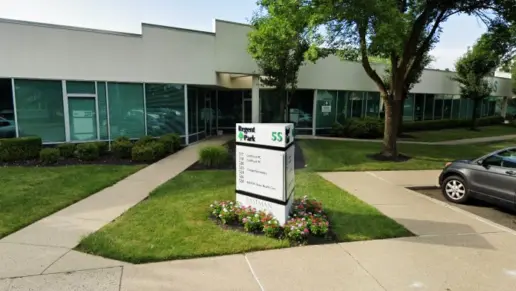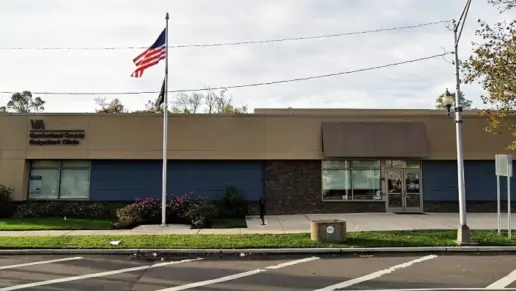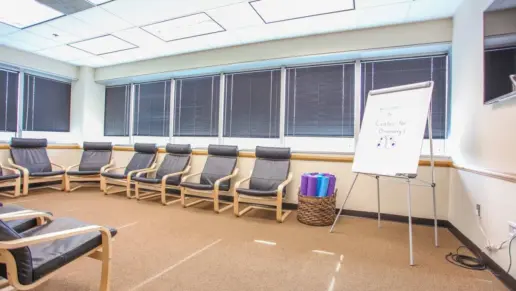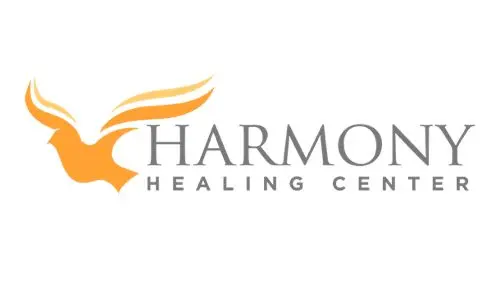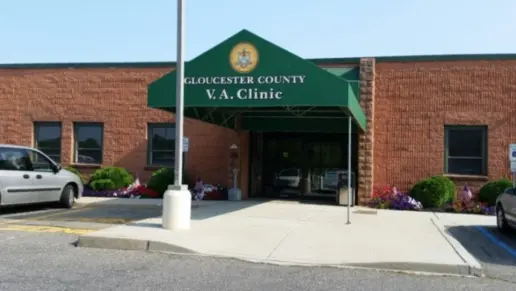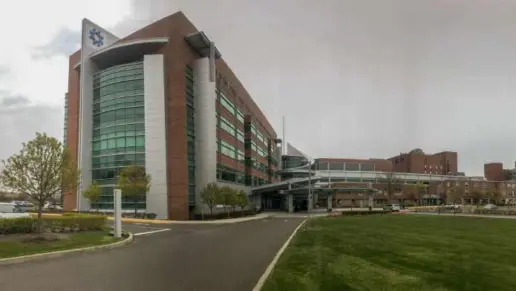Lousy No MDS No Docs psychologists nothing Food terrible day way too long ( 7:00 AM to 10:00))) Poor lecturers and I would say go to a psychiatrist and a psychologist also if needed go to NARC or A.
About Sunrise House Treatment Center
Sunrise House Treatment Center is a private drug and alcohol addiction recovery center in Lafayette, New Jersey. Sunrise House offers adult clients comprehensive residential treatment services that last seven, 30, and 60 days based on need that address the causes and symptoms of addiction and teach clients coping skills to sustain sober living. They are a private facility with luxury amenities. Sunrise House is part of the American Addiction Centers network. They offer a complimentary 30 day treatment plan for clients who relapse after completing 90 days of treatment.
Detox is often necessary for clients seeking treatment, but those who attempt it without medical supervision are at a higher risk of relapse and physical harm. Medically monitored detox happens in a secure residence where a comprehensive medical team watches and tends to clients. Clients have their needs met during their stay, and the medical team helps clients cope with withdrawal with therapy and medication as needed.
Inpatient care is a highly restrictive treatment plan for clients experiencing severe symptoms. Clients reside at the facility for the duration of their treatment, where they can be supervised for safety by staff and have access to a wide range of medical services. The residence has luxury amenities to help clients relax during their free time.
A personal care team works with clients to assess their needs and develop an individualized care team. As part of their daily schedule, clients will participate in various recovery activities, such as therapy (individually and in groups) and education groups focused on building life and coping skills to prevent relapse and support independent living.
Aftercare planning, also known as discharge planning, helps clients prepare to transition back into life outside of treatment at Sunrise House. Aftercare can connect clients with recovery support groups, additional treatment services, and medical care.
Facility Overview
Latest Reviews
Rehab Score
Gallery
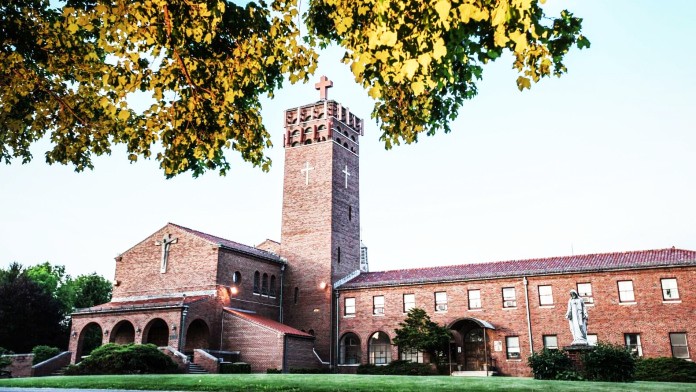
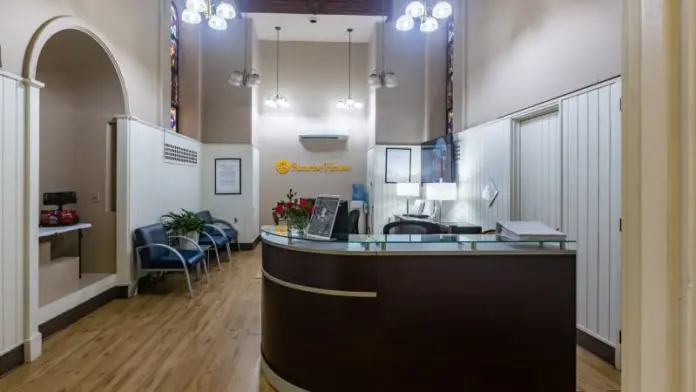
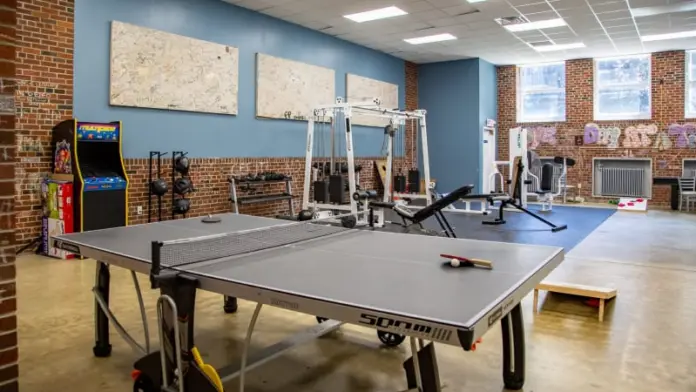
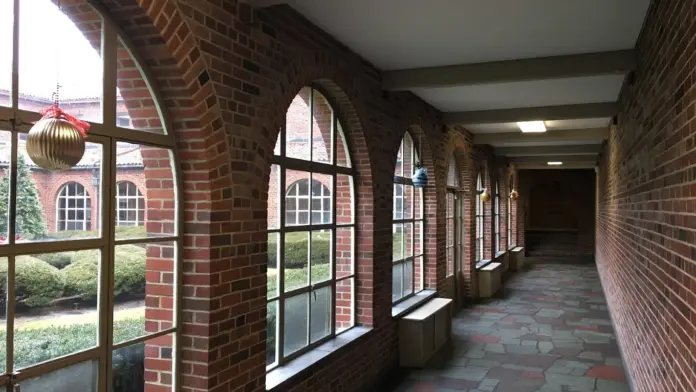
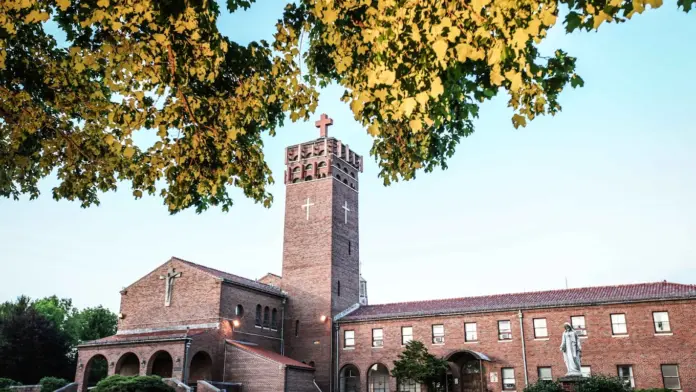
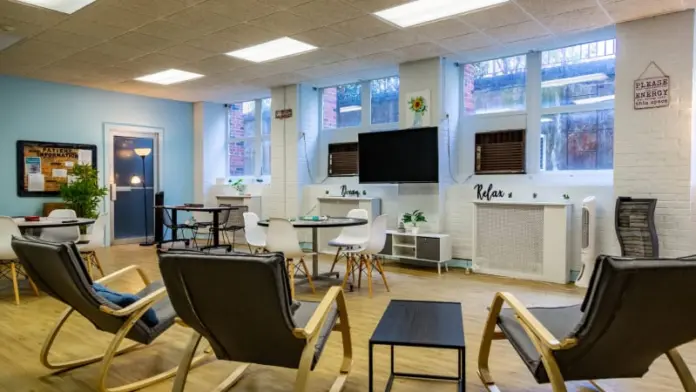
Location
Other Forms of Payment
Private insurance refers to any kind of healthcare coverage that isn't from the state or federal government. This includes individual and family plans offered by an employer or purchased from the Insurance Marketplace. Every plan will have different requirements and out of pocket costs so be sure to get the full details before you start treatment.
Self-pay involves paying for treatment out of your own pocket. You can use savings or credit, get a personal loan, or receive help from family and friends to fund your treatment. If you don't have insurance or your insurance plan doesn't cover a specific program, self-pay can help ensure you still get the care you need.
Sliding scale payments are based on a client's income and family size. The goal is to make treatment affordable to everyone. By taking these factors into account, addiction recovery care providers help ensure that your treatment does not become a financial burden to you or your family, eliminating one barrier to care.
Medicare is a federal program that provides health insurance for those 65 and older. It also serves people under 65 with chronic and disabling health challenges. To use Medicare for addiction treatment you need to find a program that accepts Medicare and is in network with your plan. Out of pocket costs and preauthorization requirements vary, so always check with your provider.
Addiction Treatments
Levels of Care
Treatments
The goal of treatment for alcoholism is abstinence. Those with poor social support, poor motivation, or psychiatric disorders tend to relapse within a few years of treatment. For these people, success is measured by longer periods of abstinence, reduced use of alcohol, better health, and improved social functioning. Recovery and Maintenance are usually based on 12 step programs and AA meetings.
Drug rehab in New Jersey is the process of addressing the complex issues involved with addiction. Challenges are identified and addressed through individual and group counseling. Participants learn how to manage these issues without the use of substances.
Many of those suffering from addiction also suffer from mental or emotional illnesses like schizophrenia, bipolar disorder, depression, or anxiety disorders. Rehab and other substance abuse facilities treating those with a dual diagnosis or co-occurring disorder administer psychiatric treatment to address the person's mental health issue in addition to drug and alcohol rehabilitation.
A combined mental health and substance abuse rehab has the staff and resources available to handle individuals with both mental health and substance abuse issues. It can be challenging to determine where a specific symptom stems from (a mental health issue or an issue related to substance abuse), so mental health and substance abuse professionals are helpful in detangling symptoms and keeping treatment on track.
Opioid rehabs specialize in supporting those recovering from opioid addiction. They treat those suffering from addiction to illegal opioids like heroin, as well as prescription drugs like oxycodone. These centers typically combine both physical as well as mental and emotional support to help stop addiction. Physical support often includes medical detox and subsequent medical support (including medication), and mental support includes in-depth therapy to address the underlying causes of addiction.
Programs



Clinical Services
Substance abuse is an unhealthy behavior often driven by automatic and harmful thought patterns. CBT allows the client and therapist to work together in a therapeutic relationship that examines the distorted beliefs that drive the individual to self-destructive actions and patterns of behavior. CBT has shown positive impacts on this type of negative thinking by helping the client address the unhealthy patterns, eliminate or phase them out, and replace them with new, healthy ways to think.
Creativity is inherently healing, and can help those in recovery express thoughts or feelings they might not otherwise be able to. Creative arts therapy can include music, poetry/writing, painting, sculpting, dance, theater, sandplay, and more. Unlike traditional art, the final product matters far less than the experience of creation and expression itself.
Dialectical Behavior Therapy (DBT) is a modified form of Cognitive Behavioral Therapy (CBT), a treatment designed to help people understand and ultimately affect the relationship between their thoughts, feelings, and behaviors. DBT is often used for individuals who struggle with self-harm behaviors, such as self-mutilation (cutting) and suicidal thoughts, urges, or attempts. It has been proven clinically effective for those who struggle with out-of-control emotions and mental health illnesses like Borderline Personality Disorder.
EMDR is a therapeutic modality originally developed to help process trauma. In an EMDR session, a patient is prompted to undergo eye movements that mimic those of REM sleep. This is accomplished by watching a therapist's finger move back and forth across, or following a bar of light. The goal is repetitive sets of eye movements that help the brain reprocess memory, which can significantly reduce the intensity of remembered traumatic incidents. Associated memories can heal simultaneously, leaving patients significantly calmer, more stable, and more emotionally relaxed.
Addiction is a family disease. This can’t be stressed enough. Since this disease impacts the lives of family members and loved ones, with the client’s permission, they encourage family participation in his or her treatment program. To help provide support, strength, and belief during the more challenging times during addiction treatment, family involvement can be very beneficial. All family members, spouses/partners, children, and loved ones who will play an important role in their loved one’s recovery and aftercare program are invited to join in periodic family therapy sessions onsite or via conference calls.
Group therapy is any therapeutic work that happens in a group (not one-on-one). There are a number of different group therapy modalities, including support groups, experiential therapy, psycho-education, and more. Group therapy involves treatment as well as processing interaction between group members.
Sunrise House uses a compassionate, client-focused approach to treating your addiction and co-occurring disorders. Following thorough psychological and medical assessment, they develop individualized treatment for you or your loved one. By customizing care, they address specific drug or alcohol addiction circumstances to help focus on clinical issues and recovery goals. Their programs are built upon research-based therapeutic modalities, individualized treatment planning, and 12-Step recovery principles that will empower you.
Life skills trainings involve all the skills a person must have in order to function successfully in the world. These include time management, career guidance, money management, and effective communication. Truly successful addiction recovery is based on the ability to not only live substance-free, but to thrive. Life skills teaches the practical necessities of functioning in society, which sets clients up for success in life, and therefore sobriety.
Some clients aren’t quite ready to tackle their addiction when they arrive at their facility. That’s okay. At Sunrise House, their licensed therapists use Motivational Interviewing (MI) techniques to “meet the clients where they are” in terms of readiness for change. With compassion and encouragement, they work to move them from ambivalence towards the desire for genuine change in their lives. MI is an effective, client-focused, and collaborative approach. They work with their clients to recognize their personal strengths, values, and recovery goals to face the issues they feel ready to tackle. They can help their clients recognize the choices, changes, and adjustments necessary to move towards a more positive lifestyle.
Trauma therapy addresses traumatic incidents from a client's past that are likely affecting their present-day experience. Trauma is often one of the primary triggers and potential causes of addiction, and can stem from child sexual abuse, domestic violence, having a parent with a mental illness, losing one or both parents at a young age, teenage or adult sexual assault, or any number of other factors. The purpose of trauma therapy is to allow a patient to process trauma and move through and past it, with the help of trained and compassionate mental health professionals.
Amenities
-
Private Setting
Accreditations

The Commission on Accreditation of Rehabilitation Facilities (CARF) is a non-profit organization that specifically accredits rehab organizations. Founded in 1966, CARF's, mission is to help service providers like rehab facilities maintain high standards of care.
CARF Accreditation: Yes
Accreditation Number: 210291
